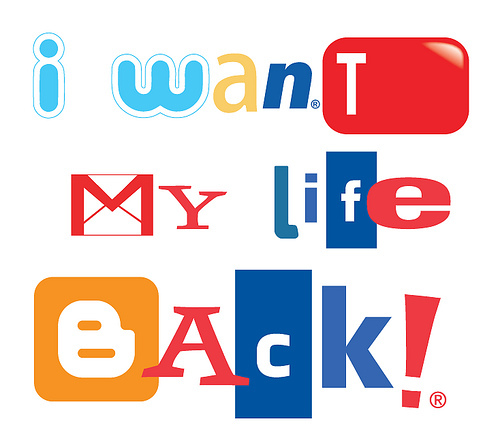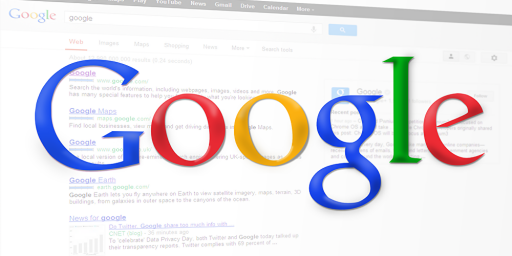3 Ways to Avoid Drowing in Information
Steve Rubel offers “Three Tips for Managing the Stream Before it Manages You.” Between email, blog feeds, Twitter, Facebook, and various other applications out there, we’ve all got too much information to contend with. Those of us in the information business are even more overwhelmed because we both need to follow more things and figure out how to aggregate it usefully.
The first and last tips — relying on one or two aggregators and reading saved materials on your portable devices while stuck waiting — are things I try to do now, although not all that successfully or consistently. The second, though, is really intriguing:
Don’t Subscribe and Read, Archive, Search and SkimIn the personal productivity world, some eschew sorting documents and emails in folders in favor of just throwing them into an archive where they can be easily searched later. The same approach works well for managing your stream.Use a tool like Google Reader to subscribe to lots of content, including say all your friends on Twitter. However, view it as a personal, searchable database rather than another collection bucket you have to read and clear.
I do in fact use Google Reader to search for posts of bloggers I trust when I’m doing a roundup-style post. And I frequently “mark all as read” to avoid a sense that I have hundreds more posts that I must get through.
At the same time, though, skimming blog posts and reading clicked links is one of the major ways in which I get ideas for posts. I noted that in Steve’s comments and he responded, “I divide my feeds up. Some I read for that same purpose, others I archive and search.”
I’ve done that with Twitter, creating a group in TweetDeck for the people whose tweets I really want to read to distinguish those whom I merely follow out of courtesy. I’ve divided most of my blog feeds in Google Reader into folders (Must Read, Europe, Security, Business, Sports, Blogging and Tech, etc.) but haven’t actually gotten into the habit of using them vice just starting with the most recent and skimming down until I get bored.







As Archimedes is said to have put it more than 2,000 years ago, “Give me a place to stand and I will move the Earth”.
Data is the lever; reason the fulcrum. In order to avoid being overwhelmed by the data it’s helpful to have a frame of reference, a worldview of which you’re conscious. You can delegate it, as Mr. Rubel suggests in his first tip, but I do think you need to be conscious of the choice.
That doesn’t mean an eternal, unchanging viewpoint. I think you’ve got to adjust your views as the circumstances warrant. But without some sort of organizing principle I see no way to avoid being overwhelmed.
4) Go camping.
(I actually think National Forest campgrounds should have 3G, but they don’t.)